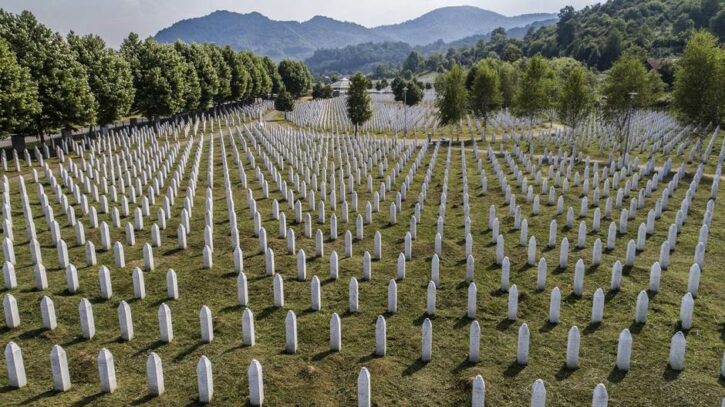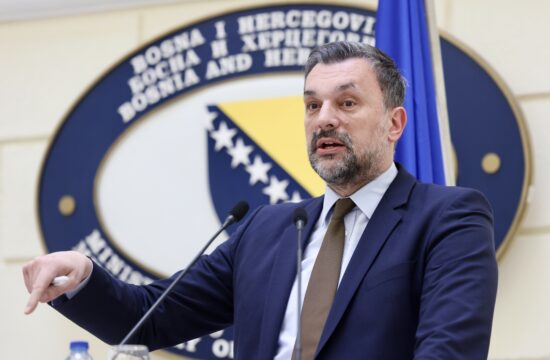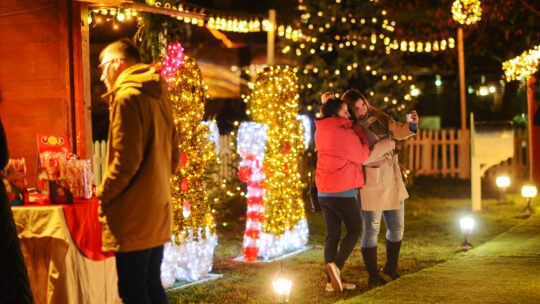
European Union (EU) has allocated 340,000 Euro to support rehabilitation of parts of the former Battery Factory, which is part of the Srebrenica-Potocari Genocide Memorial Centre, according to the EU's office in Bosnia and Herzegovina.
“The Battery Factory housing the Srebrenica Memorial Centre remains a sharp reminder of a past which cannot be erased. It is not only a place to come pay respect to the victims of the genocide and stand in solidarity with survivors, as we do each year on 11 July. It is also a centre of knowledge for those who want to understand and learn about the context in which crimes against humanity could unfold, so that they may be prevented from reoccurring in the future,” said EU ambassador Johann Sattler.
The Centre serves an important function, as there are still those who deny committed crimes and try to marginalise established facts, he added.
According to the EU Delegation, the funds will be used for the extension and rehabilitation of the archive space at the facilities, including new archive shelves and refurbishing of the entire office space.
Emir Suljagic, the Head of the Srebrenica Genocide Memorial Centre, thanked ambassador Sattler and stressed that the ambassador took a personal interest and initiative to ensure the implementation of this project.
“I also have to emphasise the importance of preserving and reconstructing the physical infrastructure of the Memorial Centre. It is by far the most important thing we will do this year and we wouldn’t be able to do it without Ambassador Sattler and the EU Delegation to BiH. This is European values at work in its most meaningful form,” underlined Suljagic.
Previous EU support to the Memorial Centre includes €250.000 for the tiles with the names of Srebrenica victims which are inscribed in the Memorial wall.
Over the years, the EU has provided around €10 million of support to Srebrenica and the surrounding municipalities with particular focus on reintegration of life into the community and building the potential for economic growth and development.
Since 2004, the EU funds have been used to support the work of the International Commission for Missing Persons (ICMP) in collecting and processing DNA samples from family members of the missing persons, re-association of mortal remains as well as outreach activities in the region and in a number of EU countries with a high number of refugees from the 1992-1995 conflict.




